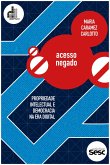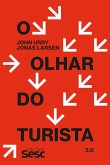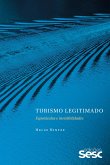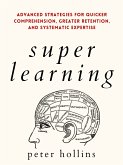In this fourth title of the Digital Democracy series, Professor Maria Carlotto addresses a subject that is dear to the new forms of production, publishing and distribution of content driven by the advent of digital networks: intellectual property. The author reviews the history of the idea of intellectual property, from legislation passed in Venice in 1474, which for the first time protected the monopoly on the exploitation of inventions, to recent discussions. With chapters such as "The history of intellectual property", "Prevalence of the utilitarian view", and "The moral issue of the tension between protection and access", the author retraces the path of what she calls the "judicialization" of industrial property, copyright and the protection of plant varieties (living beings, such as medicinal plants). As Maria Caramez Carlotto argues in the book: "The advent of information and communication technologies has radically altered the way humanity produces and exchanges content [...]. This marks the emergence of a new form of producing culture, in which each individual becomes a potential cultural producer. [...] Due to this growing and decisive importance, decision making on intellectual property legislation should be as democratic as possible, effectively involving the political community composed of all citizens. Nevertheless, what we have seen over the past 50 years - a period in which intellectual property laws have been significantly reinforced worldwide - is quite the opposite". The Digital Democracy series, edited by the sociologist Sergio Amadeu da Silveira, is published in English and Portuguese exclusively in digital format.
Dieser Download kann aus rechtlichen Gründen nur mit Rechnungsadresse in A, B, BG, CY, CZ, D, DK, EW, E, FIN, F, GR, H, IRL, I, LT, L, LR, M, NL, PL, P, R, S, SLO, SK ausgeliefert werden.









